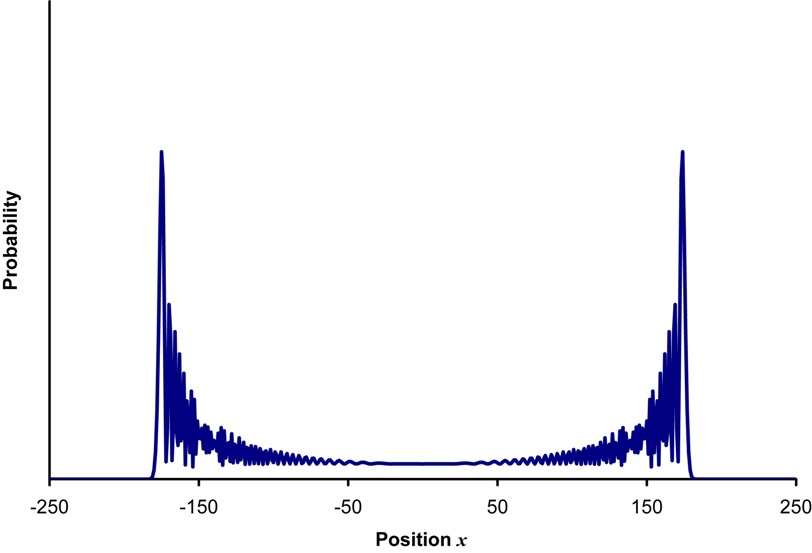
|
|
|
|
|
|
Email:
jmgrossman@smcm.edu Address: Department of Physics St. Mary's College of Maryland 18952 E. Fisher Rd. St. Mary's City, MD 20686 Phone: (240) 895-4367 Office: Schaefer 242 Lab: Schaefer 163 Research support from:  Research Corporation and St. Mary's College of Maryland |
Quantum Walks

Random walks play an important role in classical physics. These are processes, for example, in which a particle move in a series of steps, each step in a random direction. Classical random walks describe diffusion, the propagation electrons in materials, properties influenced by a large number of parameters, and even the game of Plinko. Moreover, classical random walks are used to speed up computational algorithms (albeit at the cost of determinism).
A quantum walk (QW) is the quantum mechanical analogue of a classical random walk (CRW). While in a CRW at each step the particle goes one way or another, in a QW at each step the particle is placed into a quantum superposition of going one way and another. When the various paths meet back up, interference occurs and the distribution of probabilities of finding the particle at given locations differs greatly from the classical situation. In particular, the probability of finding the particle at various locations spreads much more quickly and thoroughly through space than it does in the CRW. QWs play a role in energy transport in photosynthesis, and they have been shown to speed up certain quantum computations.
Professor Josh Grossman and his students research the role of interference in quantum walks, along with methods of altering the particle's probability distribution.